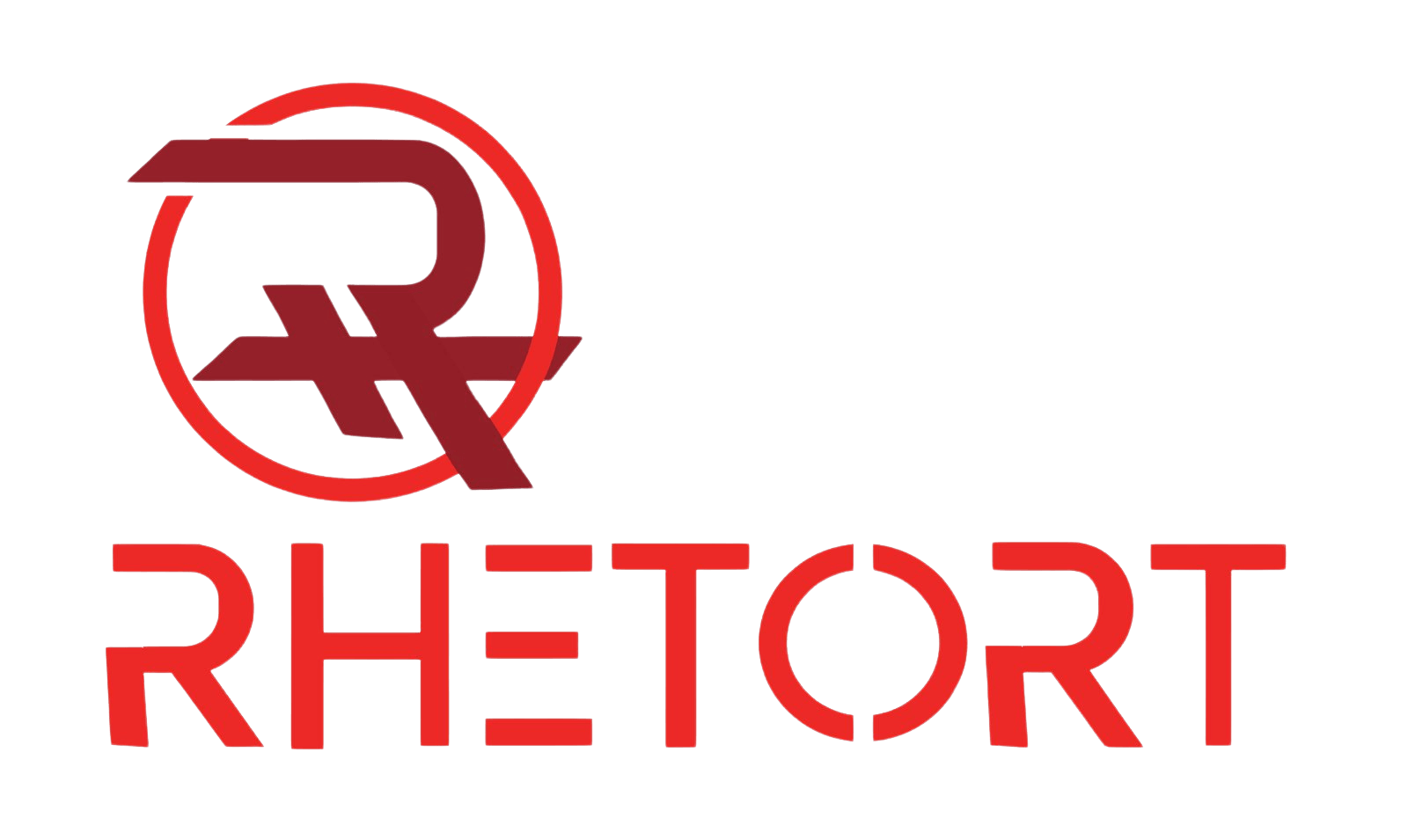In today’s dynamic business landscape, organizations are constantly seeking ways to optimize their operations, enhance their strategies, and navigate through challenges effectively. This quest for excellence often leads them to the doorstep of management consulting firms. Management consulting is not just about providing advice; it’s about fostering transformation, driving growth, and ensuring sustainable success.
Understanding Management Consulting
Definition: At its core, management consulting involves the provision of expert advice and guidance to organizations to improve their performance, solve problems, and achieve their goals. Consultants bring in-depth knowledge, analytical skills, and fresh perspectives to tackle complex issues across various industries and sectors.
Key Functions:
- Strategy Development: Consultants assist in formulating strategies to address market challenges, capitalize on opportunities, and achieve competitive advantage.
- Operational Improvement: They identify inefficiencies, streamline processes, and optimize resource utilization to enhance productivity and reduce costs.
- Organizational Change: Consultants facilitate smooth transitions during mergers, acquisitions, restructuring, or digital transformations, ensuring minimal disruption and maximum effectiveness.
- Market Research and Analysis: They conduct thorough market assessments, competitor analyses, and feasibility studies to guide decision-making and strategic planning.
Training Classes in Management Consulting
Embarking on a career in management consulting requires not only academic qualifications but also specialized training and practical experience. Here’s a breakdown of the essential components typically covered in training classes:
1. Core Consulting Skills:
- Communication: Effective verbal and written communication skills are vital for conveying ideas, facilitating discussions, and presenting findings.
- Problem-solving: Consultants must excel in critical thinking, analytical reasoning, and creative problem-solving to address complex challenges.
- Client Management: Building rapport, managing expectations, and cultivating long-term relationships with clients are crucial for success.
- Project Management: From planning and budgeting to execution and evaluation, consultants must oversee projects efficiently and deliver results on time.
2. Industry Knowledge:
- Understanding various industries, market dynamics, regulatory frameworks, and emerging trends is essential for providing targeted solutions.
- Specialization: Some training programs offer specialized tracks focusing on specific industries such as healthcare, finance, technology, or energy.
3. Tools and Techniques:
- Data Analysis: Proficiency in data collection, manipulation, visualization, and interpretation using tools like Excel, Tableau, or statistical software.
- Modeling and Simulation: Building financial models, scenario analysis, and predictive modeling to support decision-making and strategy development.
- Consulting Frameworks: Familiarity with renowned consulting frameworks like SWOT analysis, Porter’s Five Forces, and McKinsey 7S model.
4. Case Studies and Simulations:
- Hands-on experience through case studies, role-plays, and simulations to simulate real-world consulting scenarios and hone problem-solving skills.
- Learning from Experienced Consultants: Guest lectures, workshops, and mentorship programs facilitated by seasoned professionals offer invaluable insights and guidance.
5. Professional Development:
- Ethical Considerations: Understanding ethical dilemmas, conflicts of interest, and maintaining integrity and confidentiality in client engagements.
- Career Advancement: Guidance on building a personal brand, networking, pursuing certifications (e.g., CMC, PMP), and advancing in the consulting industry.
Conclusion
Management consulting is not just a profession; it’s a dynamic field that demands continuous learning, adaptability, and innovation. Through rigorous training programs and practical experience, aspiring consultants can develop the skills, knowledge, and mindset required to thrive in this ever-evolving industry. Whether you’re a seasoned consultant or a newcomer exploring this exciting career path, investing in training and professional development is key to unlocking your full potential and making a meaningful impact on organizations worldwide.

